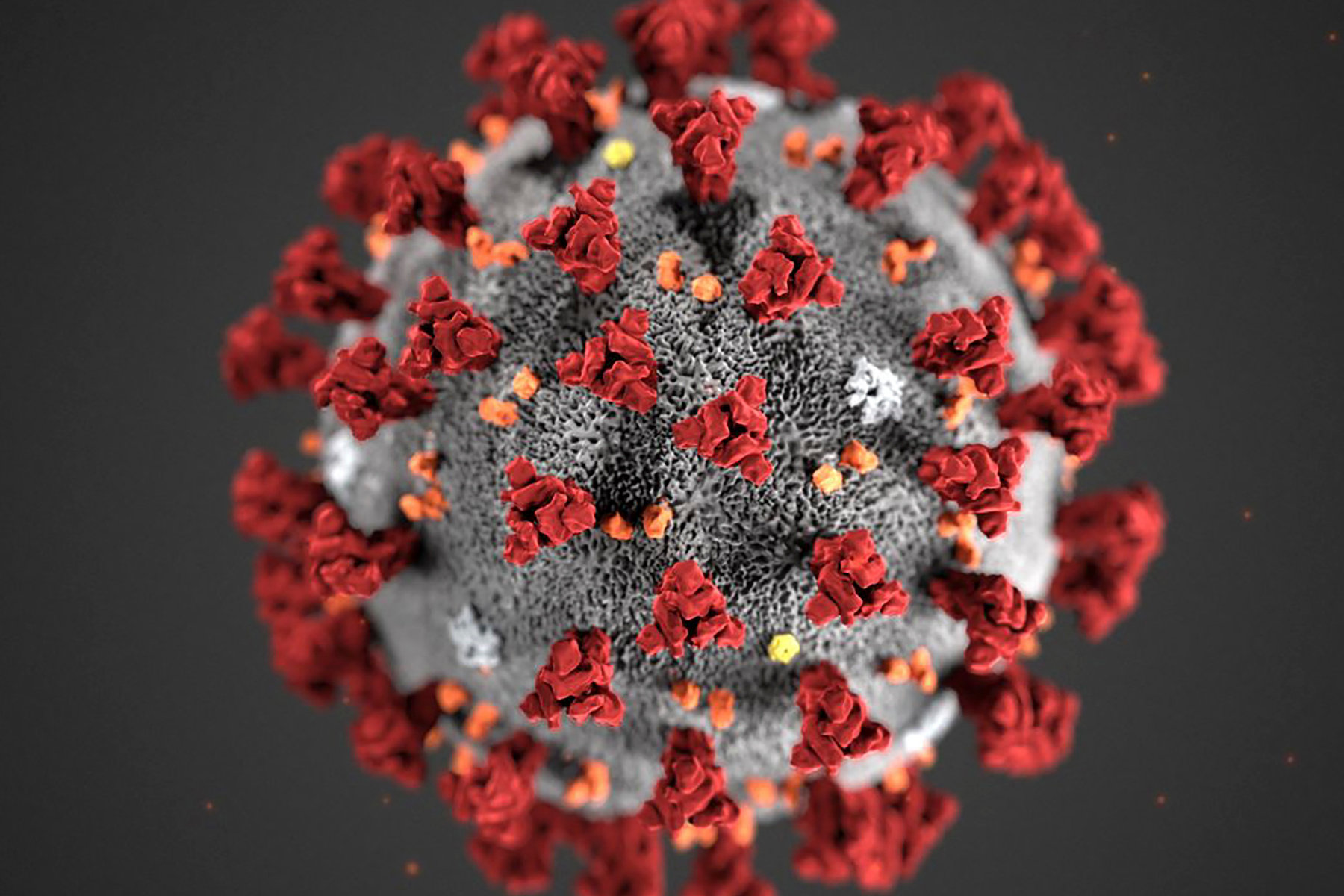Election time coming. Read the first couple of pages of this paper I wrote in October 1993, and see how worthless your vote really is. I have copy and pasted the part I wanted you to read, so you don’t have to download the entire pdf file unless you want to know more. If you live in a safe seat, your vote is meaningless. the election is won or lost at the swinging seats, and they are decided by the fools who cannot make their minds up. That is not democracy. It is 2-party bullshit. Your vote in the Senate however can destabilise the 2-party system.
Look at the choice of leaders as well. Both quite pathetic. One is dangerous (fire, covid and floods) and the other is asleep. FFS.
“Problems associated with the present electoral and political system
In many modern ‘democracies’, including Australia, two main political parties dominate parliament. For simplicity and clarity our discussion will be centred around the current Australian parliamentary system.
To illustrate the unfairness in the present representative system let us consider the following hypothetical example: Let us suppose that in an election for a particular seat there are five candidates one from each of the five ‘main’ political parties in Australia, that is the Australian Labor Party (ALP), the Liberal Party (LP), the National Party, the Australian Democrats (AD), and the Green Party (GP), and that they receive the following percentages of the total vote as a first preference: ALP 39%, LP 40%, NP 7%, AD 5%, GP 5%, informal 4%. Let us further suppose that after preferences the ALP wins the seat, with 49% of the vote and the LP has 47% of the vote. This situation is unfair in a number of respects. The ALP receives all the spoils of victory, even though the LP was preferred by almost as many voters as the ALP. In this system the losers receive absolutely nothing, no matter how close they come to winning. The smaller parties are further hampered by the fact that in the preferential voting system the first preference of the voter is not considered, unless it corresponds to one of the two main political parties.
The only thing that matters in the end is the relative order of the two main political parties.
This situation also applies to the entire federal election where the winning party gets to form government and the losers get practically no power. Also, although the Greens and Democrats may receive up to 10% of the national primary vote, as in this example, they are not guaranteed any representatives in the lower house of parliament. In a fair system, one in every ten members of parliament would belong to the AD or the GP. In short, the present system is completely dominated by the two main political parties. It is also often the case that the winning party may have less than 50% of the national primary vote, yet they form government. This is not democracy.
Another problem that can arise in the present system is where the balance of power is held by a small political party or even by an individual, since the two main parties are in direct opposition to each other. In Australia this problem frequently arises in the Upper House or Senate.
In the present system ordinary people who are not politically inclined cannot compete effectively in elections against the well oiled financially secure party machines. Another problem that often presents itself is that the voter can only chose from a handful of political candidates, preselected by their own parties, and on many occasions the voter may perceive them all as unworthy. Combined with the fact that the two main political parties eventually pick up the vote, this can lead many voters to cast an informal or protest vote in sheer frustration.
The fact that the marginal winner gets all the spoils of victory may also play a significant role in the persistence of many international civil conflicts. In many counties it is almost impossible to hold fair elections because of problems associated with distances, coordination, interference and vote rigging. This is especially significant since the winner, no matter by how much, receives all the power in government. A small shift in the votes can completely reverse the result of an election. Given this instability in the electoral system, the different political groups involved are usually suspicious of each other and in many cases they may refuse to accept the verdict of the election. Small ethnic groups are confronted with the additional problem that they do not receive proportional (if any)
representation in the parliament under the present system, since they are outnumbered by the larger groups and the present system tends to favour the larger groups as highlighted by the Australian example. Under our proposal the parliament represents the people and every political group, or otherwise, is proportionally represented in the parliament. The random parliamentary system may eliminate many of these conflicts since the power of government is fairly shared by all, and there is no single winner, or for that matter, loser as well. The random parliament may be particularly useful in places like Bosnia where there
are many different ethnic groups. The United Nations (UN) has been largely unsuccessful in its efforts to gain peace in many troubled regions around the world. In our view this may be largely due to the ‘false’ democracy that is offered to these countries and the problems associated with this, as outlined above. It is ironic that in some cases the UN tries to physically impose this western ‘democracy’. Admittedly it may be difficult to initially generate databases of
citizens in some of these countries, to implement the random parliament, but once this has been established it should be relatively easy to maintain. These difficulties are nevertheless quite trivial compared to the constant maintenance required in the present system.
Politicians are generally driven by their love of power, and often aspire to be like their predecessors. they specifically relish the thought of arguing their party’s position, with their opponents in the parliament. They do not seek to work in any collaborative manner with the opposition party, and in most cases will argue against each other simply for the sake of argument. In recent years the shift of the ALP towards the right has driven the LP further to the right even if many of the new policies adopted by the ALP were previously acceptable to the LP. In many respects the leadership qualities of an individual are also determined by their ‘theatrical’ performance in the parliament. Politicians who mean well are hampered in the present system. The present use of the parliament to argue the party position is unproductive. Each party is preaching to its own converted, and it is highly unlikely to convince the other party. Supported and encouraged by the media, this nonsense also proceeds outside of the parliament.
In the present system the will and desires of a few politically motivated people is imposed on the majority. The people who are most likely to become politicians are those who join the main political organizations at a very early age. In Australia, the policies implemented in such a system are those of the trade unions and the commerce and industry groups. The power is not equally and proportionally distributed to all community groups. Smaller groups are generally swamped by larger and more powerful groups and receive no power in government. The present parliament predominantly consists of older and generally prosperous men. There is not a proportional representation of woman, or young people for instance.”
There is some more stuff here:
http://justgeorgeous.net/politicaltheory.html
I liked my idea about ‘random democracy’ until I realized how stupid most people are. Over 95% went running off to get vaccinated because the government told them so. Do i trust the people when so many are sheep? I am not so sure anymore. And then so many of these fools would defend vaccine status segregation that was so completely fallacious and unjustified cause it suited them as they got vaccinated.


